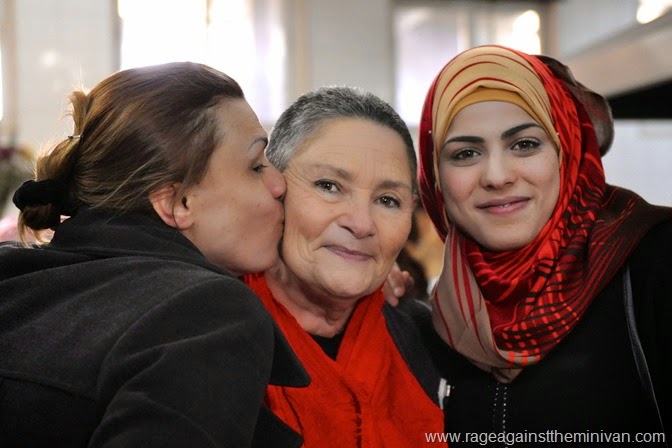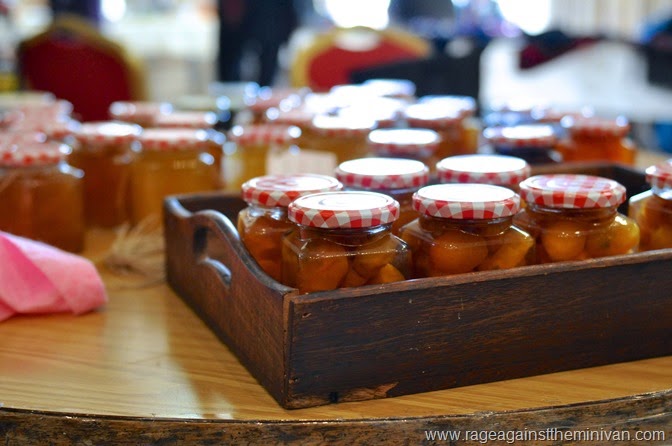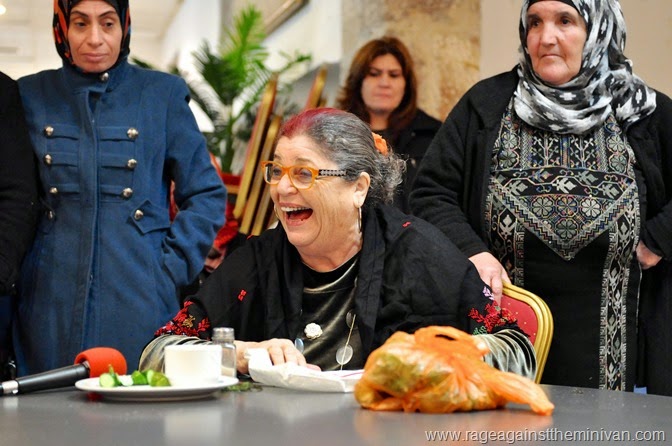A couple weeks ago, I took a weeklong trip to Israel with a group of about 20 other women. The purpose of the trip was to learn more about Israeli Palestinian conflict, as well as to visit some historical sites. A couple people have commented on the fact that I haven’t written about that trip yet on my blog. It’s a bit unusual for me. Typically when I visit another country with the purpose of storytelling about humanitarian efforts, I am writing from the road. I had every intention of doing that on this trip, but on our first day there our fearless leader, Lynn Hybels, requested that we not write at all during the trip. Lynn has been very engaged in peacekeeping efforts in this area for some time, and she understands how complex the situation is there. She wanted us to get the full story and to have time to process before we write about what we learned. I think she was wise in this advice.  And here I am, two weeks later, still not having the right words to write about all I saw and learned. This is what I do know to be true: I came away with more questions than answers. The situation between between the Israelis and the Palestinians is extremely complex and there are no easy solutions. As a person who considers herself to be moderately globally aware and somewhat of a news junkie, I really had no idea what was going on in Israel. I think that misinformation and misunderstanding abounds in both the reporting and understanding of this conflict worldwide, and specifically in the United States. There is also incredible inherent bias involved in how the conflict is viewed. Things like political leanings, religious persuasion, theological ideology, and prejudice against particular cultural groups all play a part in the lens with which we view what is happening there. This was made abundantly clear to me last week, when I simply linked to another article written by a Christian man who suggested that perhaps people of faith were not taking the persecution of our Christian brothers and sisters in Palestine as seriously as we would the persecution of Christians in other parts of the world. This immediately garnered angry backlash, and I was even called an anti-Semite. The objective truth is that thousands of lives have been lost in this conflict, and thousands of families are grieving loved ones. The objective fact is that peace is desperately needed for both sides. I did not come away from this trip picking a side. I came away from this trip wanting to be both pro Israel and pro-Palestine, and most of all, pro-peace. We met with a group of bereaved parents who were both Israeli and Palestinian, who lost children to the conflict and who are now working together for peace. They meet together, and cook together, and try to pave a way for resolution. This is what they implored of us: “Do not pick a side. Do not go home to your country and fan the flames of conflict between Jewish and Muslim people. Be pro-peace.”
And here I am, two weeks later, still not having the right words to write about all I saw and learned. This is what I do know to be true: I came away with more questions than answers. The situation between between the Israelis and the Palestinians is extremely complex and there are no easy solutions. As a person who considers herself to be moderately globally aware and somewhat of a news junkie, I really had no idea what was going on in Israel. I think that misinformation and misunderstanding abounds in both the reporting and understanding of this conflict worldwide, and specifically in the United States. There is also incredible inherent bias involved in how the conflict is viewed. Things like political leanings, religious persuasion, theological ideology, and prejudice against particular cultural groups all play a part in the lens with which we view what is happening there. This was made abundantly clear to me last week, when I simply linked to another article written by a Christian man who suggested that perhaps people of faith were not taking the persecution of our Christian brothers and sisters in Palestine as seriously as we would the persecution of Christians in other parts of the world. This immediately garnered angry backlash, and I was even called an anti-Semite. The objective truth is that thousands of lives have been lost in this conflict, and thousands of families are grieving loved ones. The objective fact is that peace is desperately needed for both sides. I did not come away from this trip picking a side. I came away from this trip wanting to be both pro Israel and pro-Palestine, and most of all, pro-peace. We met with a group of bereaved parents who were both Israeli and Palestinian, who lost children to the conflict and who are now working together for peace. They meet together, and cook together, and try to pave a way for resolution. This is what they implored of us: “Do not pick a side. Do not go home to your country and fan the flames of conflict between Jewish and Muslim people. Be pro-peace.” 

 I am going to try my best to hold to that. As I contemplate how to communicate all I learned, what I ultimately know is that it is through the power of the personal stories of the people who are living there that empathy and understanding can be achieved. Over the next month or two, I hope to highlight the stories of some of these people, and let you hear from them directly. I ask that you listen to them as individuals, and that you hear their stories with an open mind and an open heart.
I am going to try my best to hold to that. As I contemplate how to communicate all I learned, what I ultimately know is that it is through the power of the personal stories of the people who are living there that empathy and understanding can be achieved. Over the next month or two, I hope to highlight the stories of some of these people, and let you hear from them directly. I ask that you listen to them as individuals, and that you hear their stories with an open mind and an open heart.  Also, if you are local to Orange County, please join me for brunch this Sunday to hear from some of these brave parents in person, and hear their stories of radical forgiveness. You can RSVP here. In the meantime, check out this NPR podcast with Robi Damelin and Bassam Aramin, who will be speaking at the brunch. Also, if The Israeli/Palestinian conflict is something that you feel you need a primer on, check out this video. I think it lays a great framework for what is going on there. photos by Christine Anderson Photography
Also, if you are local to Orange County, please join me for brunch this Sunday to hear from some of these brave parents in person, and hear their stories of radical forgiveness. You can RSVP here. In the meantime, check out this NPR podcast with Robi Damelin and Bassam Aramin, who will be speaking at the brunch. Also, if The Israeli/Palestinian conflict is something that you feel you need a primer on, check out this video. I think it lays a great framework for what is going on there. photos by Christine Anderson Photography

Rage Against the Minivan sometimes earns revenue through sponsored posts, which are clearly labeled, and occasional affiliate links to recommended products. I only feature products that I truly like, and my opinions are always my own.